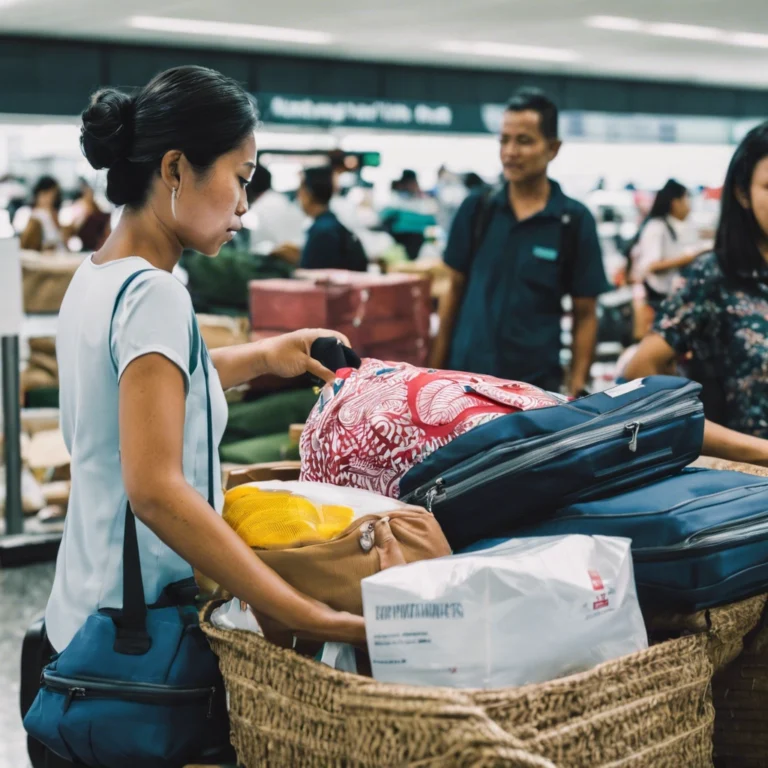“We highly recommend ILA Global Consulting - Bali and our lawyers, Peni and Renita, for their excellent support in setting up our company and handling land purchases in Indonesia. Their professionalism and expertise made the process smooth and straightforward. We are very grateful for their outstanding service and recommend them to anyone doing business in Indonesia.”
João






